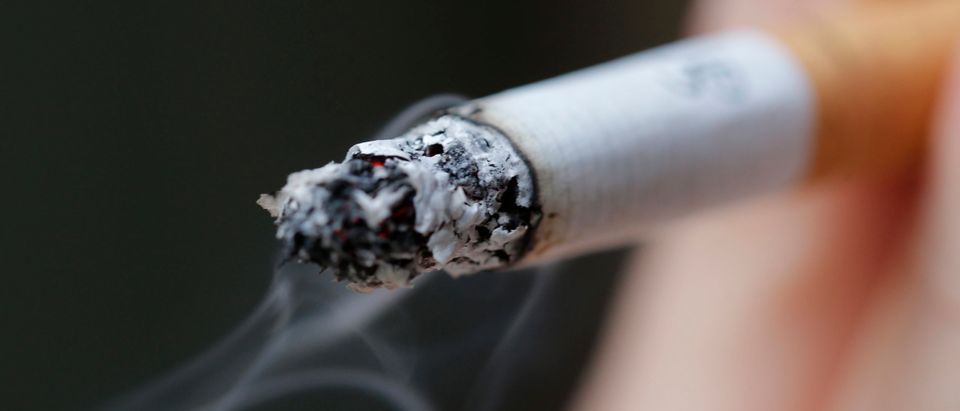A new study suggests humans can build resistance to lung cancer from heavy smoking.
The study, conducted by a team of scientists at Albert Einstein College of Medicine in New York, sheds light on why some heavy smokers do not wind up having cancer, depending on age, gender and overall health. The findings suggest that the epithelial cells in a smoker can only mutate so much and that heavy smokers can develop a system that repairs DNA. This system makes their DNA less prone to mutations that lead to cancer, according to the study. (RELATED: Scientists Confirm Health Benefits Of Vaping ‘Outweigh The Risks’)
Scientists believe they may have found out why some smokers manage to avoid lung cancer. In a new study reported in the journal Nature Genetics, scientists argue that some smokers may have a robust mechanism that helps to limit mutations in the lungs that protect them from l…
— localhostscience (@localhostsci) April 11, 2022
The research team used a technique called single-cell multiple displacement amplification, or SCMDA, to get the most accurate results of mutations in individual subjects without resulting in sequence issues. Epithelial lung cells were obtained from 14 non-smokers ages 11 to 86 and 19 smokers ranging from ages 44 to 81.
These mutation findings might be a key reason to understanding why heavy smokers don’t seem to get lung cancer as much, the report said.
“The most interesting finding in our study may be the observation that the dose-dependency of the mutation frequency in smokers levels off around 23 pack-years, with mutational burdens in heavy smokers not being significantly different from those in much lighter smokers,” the researchers said.
Dr. Simon Spivack, a co-senior author of the study and professor at the college, explained the study’s findings in a statement Monday.
“The heaviest smokers did not have the highest mutation burden … Our data suggest that these individuals may have survived for so long in spite of their heavy smoking because they managed to suppress further mutation accumulation. This leveling off of mutations could stem from these people having very proficient systems for repairing DNA damage or detoxifying cigarette smoke,” he said.


